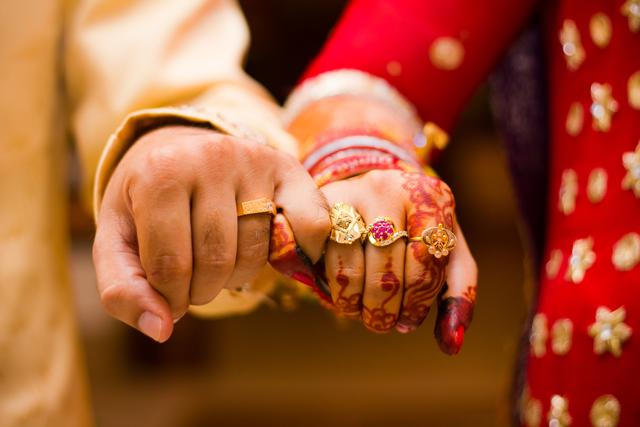Parsi Marriage Act

The Parsi Marriage and Divorce Act, 1936 governs the matrimonial relations of Parsis in India. The Act defines the word 'Parsi' as a Parsi Zoroastrian. A Zoroastrian is a person who professes the Zoroastrian religion. It has a racial significance. Every marriage as well as divorce under this Act is required to be registered in accordance with the procedure prescribed in the Act.
Requisites to Validity of Parsi Marriages
No Parsi marriage shall be valid if:
- The contracting parties are related to each other in any of the degrees of consanguinity or affinity set forth in Schedule I; or
- Such marriage is not solemnized according to the Parsi form of ceremony called "Ashirvad" by a priest in the presence of two Parsi witnesses other than such priest; or
- In the case of any Parsi (whether such Parsi has changed his or her religion or domicile or not) who, if a male, has not completed 21 years of age, and if a female, has not completed 18 years of age. If a party to the marriage is under that age, the consent of the guardian should be obtained.
Parsi Marriage and Divorce (Amendment) Act, 1988
By the Parsi Marriage and Divorce (Amendment) Act, 1988 (5 of 1988), scope of certain provisions of the Parsi Marriage and Divorce Act, 1936 have been enlarged so as to bring them in line with the Hindu Marriage Act, 1955.